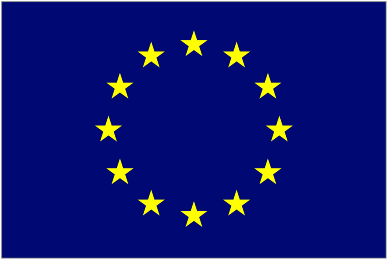
Funded by the European Union
Project 81


Enhancing Capabilities
Welcome to the official website of Project 81 - BIOSEC Enhanced Biosecurity in South East Asia, a ground-breaking initiative supported by the European Union CBRN Centres of Excellence. This transformative project is delivered in partnership with and reinforces ongoing efforts in Brunei, Cambodia, Indonesia, Lao PDR, Philippines, Singapore, Thailand, and Vietnam.
BIOSEC Enhanced Biosecurity in South East Asia.
Funded by the European Union, Project 81 is spearheaded by a dynamic and highly skilled European consortium, managed by Sustainable Criminal Justice Solutions Europe (SCJS, Belgium). Our consortium comprises a diverse group of experts and professionals committed to advancing biosecurity in South East Asia.
As we tackle the complex challenges of biosecurity in the region, Project 81 draws upon the collective expertise of regional specialists and subject matter authorities. Our consortium partners, each bringing unique capabilities to the table, play a vital role in delivering the various activities of the project.
Explore this website to learn more about the innovative strategies, collaborative efforts, and impactful outcomes of Project 81. Join us on this journey towards enhanced biosecurity, where the exchange of knowledge and the synergy of diverse talents converge to create a safer and more secure South East Asia.
Our consortium partners include:






The overarching goal is to achieve heightened biosecurity in South-East Asia through a comprehensive approach that involves multiple sectors.
This project aims to deliver a set of recommendations to enhance biosecurity management systems in South-East Asia. These recommendations encompass various aspects, including but not limited to: increasing awareness about biosecurity, refining legislation and guidelines, strengthening enforcement measures, addressing high-risk biological materials and facilities, advancing microbial forensics, establishing a robust framework for physical and information security in facilities (with consideration for emerging technologies), and promoting effective information exchange.
Additionally, the project seeks to equip the region with efficient tools to bolster its capacity to respond to highly communicable diseases and global catastrophic biological events, such as pandemics.

